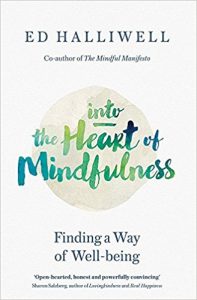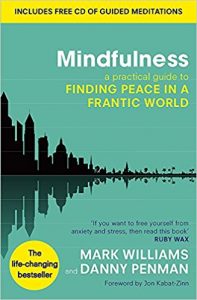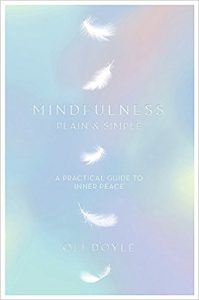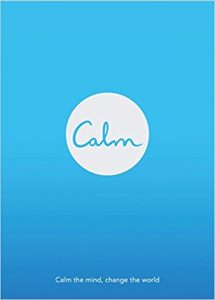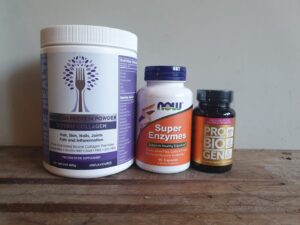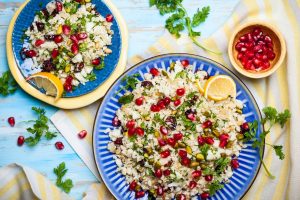“Mindfulness means paying attention in a particular way; on purpose, in the present moment, and non-judgementally” Jon Kabat-Zinn
Mindfulness has its roots in Buddhism, but has been adapted for the modern world so that anyone, of any faith or background can benefit from its therapeutic effects.
What is Mindfulness?
Mindfulness is a mental state achieved when we pay attention to what is happening right now, here in the present moment.
Mindfulness helps us to become more aware of our thoughts, feelings and emotions in a non-judgemental way. So that instead of being overwhelmed by them, we’re better able to manage them.
Mindfulness can help you to:
- Increase your awareness of your thoughts, feelings and emotions
- Manage negative thoughts
- Be kinder towards yourself and others
- Feel calmer
- Be able to manage stress better
- Reduce anxiety and worry
Mindfulness is not a quick fix and takes time and practice to achieve permanent results.
In mindfulness you practice becoming aware of your thoughts, feelings and emotions and the physical sensations you feel in your body.
You can also practice becoming more aware of your physical surroundings, paying more attention to the sights, sounds, tastes and smells you experience throughout your day.
Thoughts Are Not Facts
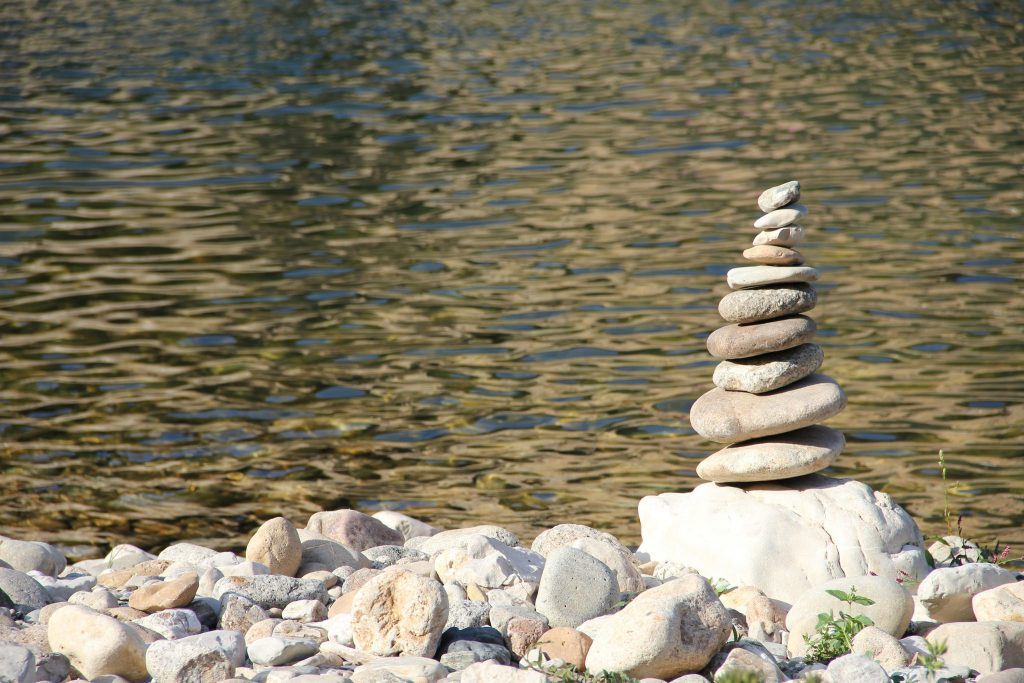
One of the most useful aspects of mindfulness for many people is the realisation that your thoughts are not facts, and they do not have to define who you are or your experience of the world.
You learn to observe that thoughts come and go – you start to notice how they arise constantly, often out of nowhere. You have a choice over how you respond to your thoughts.
Mindfulness allows you to see the mind’s habit of constantly reflecting on the past, or projecting (imagining) the future, often for negative purposes.
There is no need to set goals when practising mindfulness. Mindfulness simply means noticing what is going on for you, or what is happening around you, right now.
Daily activities where you could try to be mindful:

- Drinking a cup of tea or coffee
- Noticing sounds around you
- Brushing your teeth
- Having a shower
- Whilst walking
- Mindful colouring
- Mindful walking in nature
When you do any mindfulness exercise, the key steps are:
- Attention – give your full attention to something, be that your breath, the sounds around you or your morning cup of tea
- Notice & Return – your mind will inevitably begin to wander off in thought (this is what minds do and is completely normal). When you notice that you have drifted off in thought, bring your attention back to your initial object of focus – breath, sounds, cup of tea etc.
- Awareness – become aware of thoughts, feelings, emotions or physical sensations that arise.
- Acceptance – try to observe and accept all that arises with curiosity and without judgement.
- Kindness – be kind to yourself. Your mind will always wander into thoughts because thinking is what minds do. Try not to be critical of yourself and simply come back every time to your object of focus.
Mindfulness can Bring:
- Greater insight
- Improved problem-solving
- Better attention
- Less selfishness
- Less neurosis
- Gratitude
- Acceptance
- Greater enjoyment of life
- Less negative thought patterns
- Better mind-body integration
My Personal Experience with Mindfulness
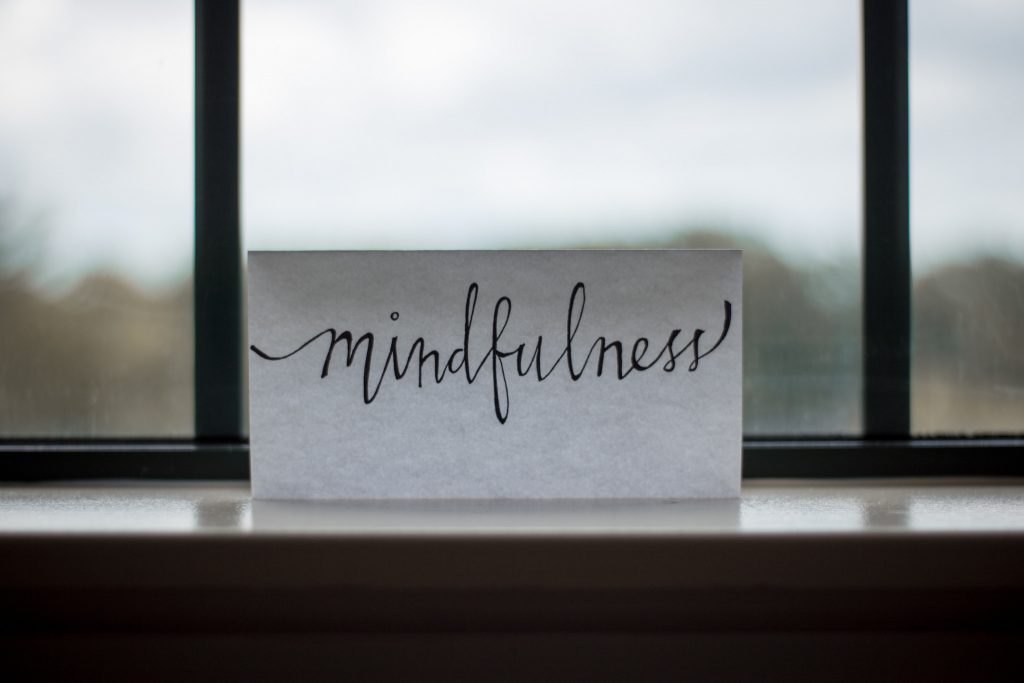
I tried meditation once when I was in my early 20s. Due to an incomplete explanation I was under the impression that the idea was to have a clear mind, and since this (obviously) wasn’t the case, I just thought “this isn’t for me” and that was the last time I tried it.
I rediscovered meditation in early 2016 when I was introduced to the Headspace app (see more on Headspace below) and I have now been meditating for 2 years. As soon as I started with Headspace I was hooked and I have meditated almost daily ever since.
In 2016 I completed the free online Mindfulness-Based-Stress-Reduction (MBSR) course at Palouse Mindfulness, and I highly recommend taking this course if you are interested in learning more.
After reading Into the Heart of Mindfulness by Ed Halliwell in 2017, I attended Ed’s 8 week MBSR course in West Sussex. After completing this course I was inspired to train to teach mindfulness.
Enhanced Awareness
In my work I try to answer the question: how can we lead better, healthier and happier lives? The Human Givens Approach I have written about before recognises that to be happy and mentally healthy we need to use our ‘innate resources’ appropriately and in a balanced way.
One of our resources is Enhanced Awareness: the potential to develop an ‘Observing Self’, that part of us which can step back, be more objective and recognise itself as a unique centre of awareness separate from intellect, emotion and conditioning.
Without some form of contemplative practice – be that mindfulness, yoga or some other form of meditation, it is hard to develop this enhanced awareness that is crucial to our health and wellbeing.
Although I would love to be more mindful in my day to day life, every day I have moments where I suddenly remember to be present. These little moments bring with them peace and a feeling of joy.
Meditation has made me far less stressed and less reactive. I’ve always been a worrier, and whilst I still worry, I now recognise it for what it is, and can stop negative trains of thought before becoming caught up in them.
I recognise the self-critical nature of the mind, and I’m getting better at being kind to myself. The negative, self-critical thoughts bother me a lot less than they used to.
Books About Mindfulness
To get started with mindfulness a good place to start is with one of these books:
Mindfulness: A practical guide to finding peace in a frantic world by Mark Williams and Danny Penman.
About this book: The book is based on Mindfulness-Based Cognitive Therapy (MBCT). MBCT revolves around a straightforward form of mindfulness meditation which takes just a few minutes a day for the full benefits to be revealed. MBCT has been clinically proven to be at least as effective as drugs for depression and it is recommended by the UK’s National Institute of Clinical Excellence – in other words, it works. More importantly it also works for people who are not depressed but who are struggling to keep up with the constant demands of the modern world.
Mindfulness focuses on promoting joy and peace rather than banishing unhappiness. It’s precisely focused to help ordinary people boost their happiness and confidence levels whilst also reducing anxiety, stress and irritability.
Mindfulness Plain and Simple by Oli Doyle
About this book: Mindfulness Plain and Simple provides the tools, tips and tricks you need to de-stress and de-clutter your mind.
Inner peace and happiness are available now, and they’re closer than you think. By taking just a few minutes out of your day and making the simple but dramatic shift into the present moment, you will find more focus, effectiveness and clarity than you ever thought possible. There is no jargon, religion or new age vision quest, just simple tools to be happier and more confident straight away.
Oli Doyle is renowned for teaching mindfulness directly to those with no experience. For anyone seeking a simple, practical guide to living mindfully, this book is a must.
The Headspace Guide to Mindfulness & Meditation – Andy Puddicombe
About this book: Andy Puddicombe, founder of the much publicised Headspace, is on a mission: to get people to take 10 minutes out of their day to sit in the here and now. Here he shares his simple to learn, but highly effective techniques of meditation.
Accessible and portable, these powerful techniques promise amazing results. Quiet the mind, feel less stressed, less tired and achieve a new level of calm and fulfilment. By following the daily exercises you will start to experience literally life changing results. The benefits of mindfulness and meditation are now well documented with doctors advising their patients to give it a try. Andy brings this ancient practice into the modern world, tailor made for the most time starved among us.
For beginners and seasoned meditators alike, here is the opportunity to harness and develop skills that will combat the negative symptoms of our fast paced world, and that once learned, will last a lifetime.
Calm: Calm the Mind. Change the World – Michael Acton Smith
About this book: Modern life is hectic and relentless: trains delayed, endless emails filling the inbox, kids squabbling before bedtime… There has never been a more important time to rediscover your pause button. Calm is the book that will show you how to take back a little bit of peace, space and all-important calm.
This book contains the simple tools, tricks and habits that will change the rest your life. It is a practical and pleasurable guide to twenty-first century mindfulness.
Regular meditation is medically proven to be good for you – it increases focus and creativity, productivity and job satisfaction, mental and even physical health. But in reality most of us don’t have time to sit on a cushion with our eyes closed for half an hour every day. And many people associate meditation with hard work and huge lifestyle shifts: you might be imagining Buddhist monks locked in a mountain retreat and living off gruel…
This is where Calm comes in. Calm is about simple, achievable habits that work with the demands of your busy life instead of pretending those demands don’t exist. Calm does not require specialist training: it uses abilities that every single one of us is born with, like creativity, spontaneity and simply noticing the world around you. Calm is not a set of rules that you need to worry about following or breaking. It is inspirational, practical and non-prescriptive. Onerous, time-consuming meditation might seem out of reach but everyone can achieve calm – including you.
Calm combines extracts from fascinating neurological research with wisdom from history’s great thinkers and the real-life experiences of individuals across the globe. It demystifies mindfulness and shows you the many simple ways to be mindful while carrying on with your life.
It is also a beautifully crafted object, filled with artwork and artistry, that will change your perspective by showing you the pleasures of the world anew. Take a walk with nowhere to go, savour a chocolate on the tip of your tongue, plant a seed, doodle aimlessly, turn off your mobile phone for five short minutes. Smile, breathe and go slowly.
Meditation Apps
- Headspace – learn to meditate with the Headspace app – it has a free Basics pack, a 10-day beginner’s course that guides you through the essentials of meditation and mindfulness. It’ll give you a solid foundation to build your practice on. Headspace was the first meditation app I used and 2 years on is still my favourite.

- Buddhify – a meditation app designed to fit into a busy modern lifestyle. Known for its beauty and incredible value for money, it is loved and used around the world. I love buddhify when I am on the go, travelling, walking etc.
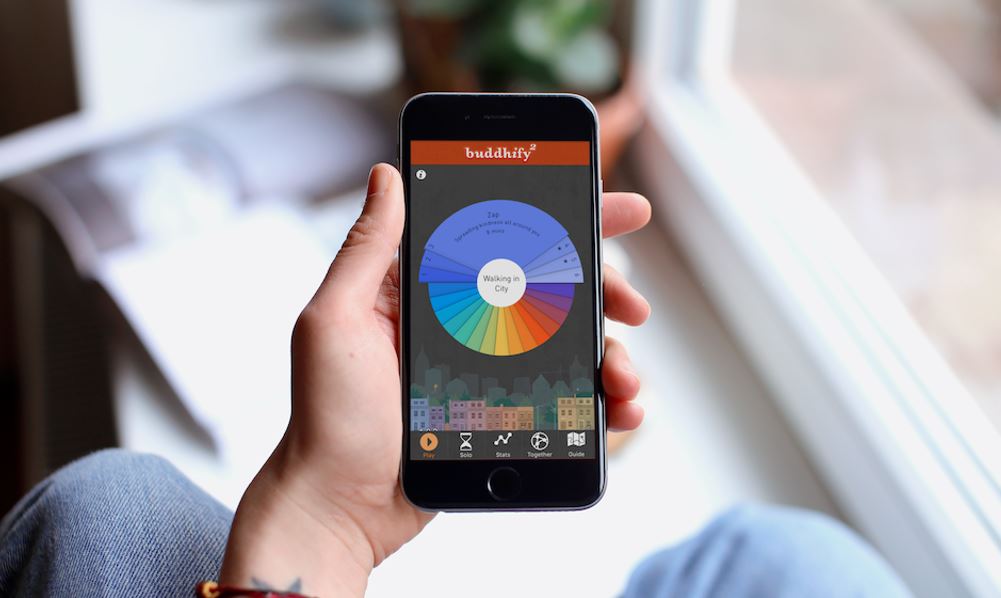
- Calm – the calm app aims to bring clarity, joy and peace to your daily life. It has a free 7 Days of Calm to get you started.
I hope this article inspires you to learn more about mindfulness. I’d love to hear from you – comment below and let me know if and how mindfulness has helped you.
*Note: chloearchard.com is a participant in the Amazon EU Associates Programme, an affiliate advertising programme designed to provide a means for sites to earn advertising fees by advertising and linking to Amazon.co.uk

